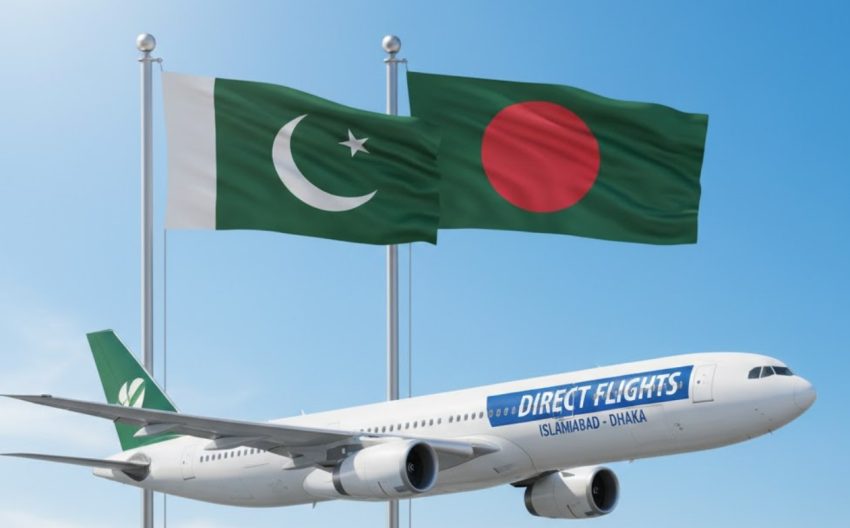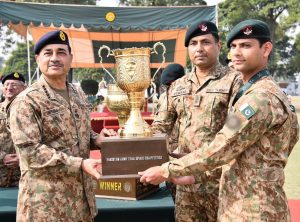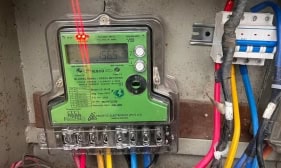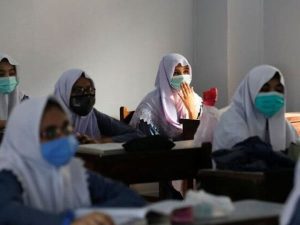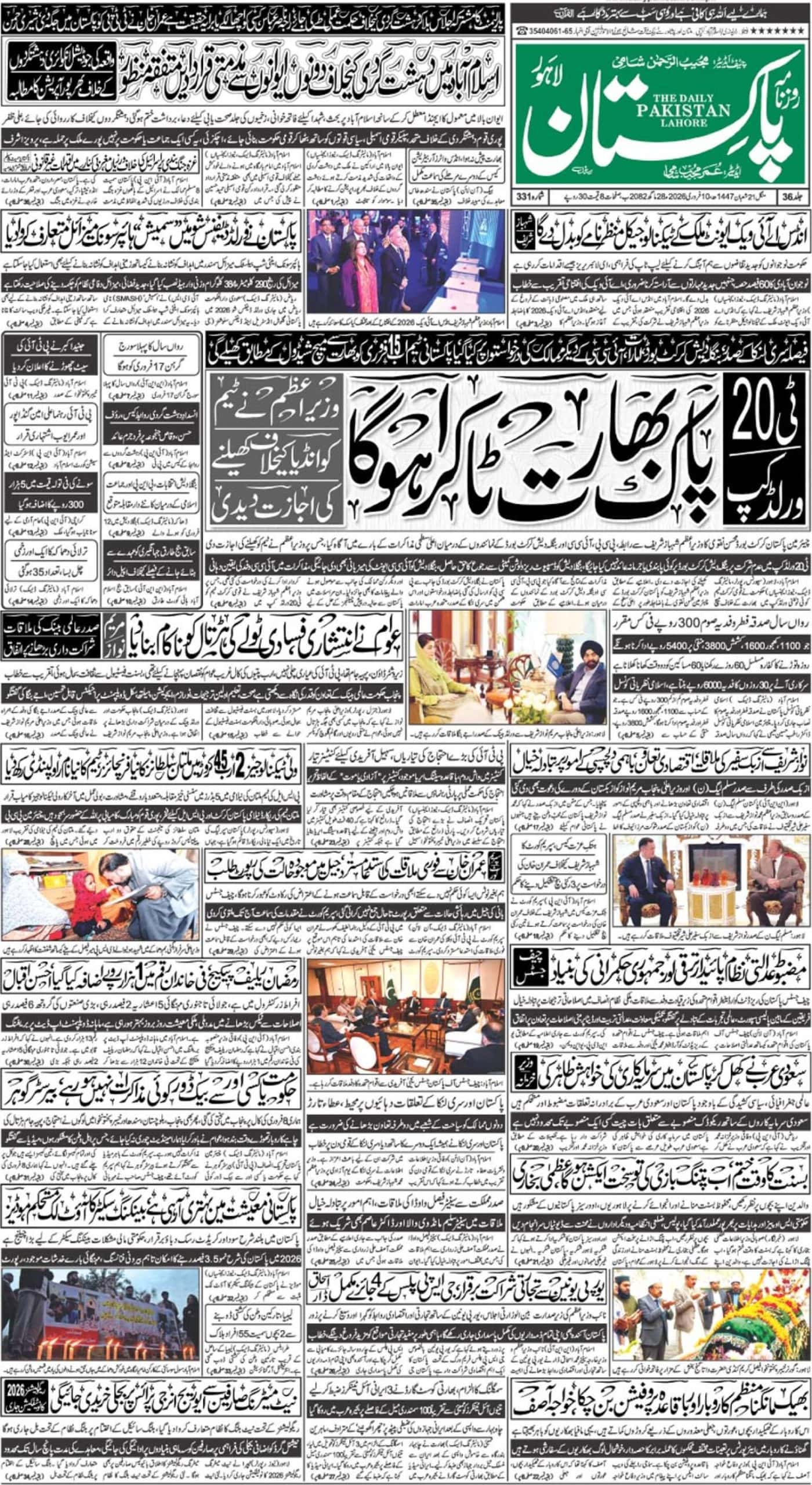DHAKA – Pakistan and Bangladesh reignited their economic partnership, agreeing to multiple agreements during the 9th Joint Economic Commission (JEC) meeting, first since 2005.
In landmark breakthrough, two sides inked series of high-impact agreements and committing to deepen cooperation across trade, education, energy, agriculture, transport, and more. Analysts are calling it one of the most significant developments in South Asian economic diplomacy in recent years.
The historic moment unfolded during 9th Meeting of the Bangladesh–Pakistan Joint Economic Commission (JEC), at the NEC Conference Room, Sher-e-Bangla Nagar, Dhaka. This was the first JEC session since 2005, marking a long-awaited revival of structured dialogue between the two nations.
The meeting was co-chaired by Bangladesh’s Finance Adviser Dr. Salehuddin Ahmed and Pakistan’s Petroleum Minister Ali Pervaiz Malik. Delegations from both sides discussed cooperation across multiple sectors, producing concrete outcomes with long-term implications for trade, industry, education, and regional connectivity.
A major highlight of the meeting was the signing of a Memorandum of Understanding (MoU) between the Bangladesh Standards and Testing Institute (BSTI) and the Pakistan Halal Authority (PHA). This agreement will facilitate import and export of halal-certified products, including meat, and streamline certification and regulatory procedures in both countries.
The MoU was signed by Maqsura Noor, Additional Secretary of Bangladesh’s Ministry of Industries, and Pakistan’s High Commissioner to Bangladesh, Imran Haider. Officials described the agreement as a gateway to boosting bilateral trade in the fast-growing halal market, which holds enormous commercial potential for both nations.
In a bold trade initiative, Pakistan offered Bangladesh access to Karachi Port, a move expected to reduce logistics costs, enhance regional connectivity, and create direct shipping links. Both countries also agreed to explore the resumption of direct air services, which would strengthen business ties and foster closer people-to-people connections.
Another notable development was Pakistan’s interest in importing jute from Bangladesh. Often called the “golden fiber”, jute is a critical export commodity for Bangladesh, and renewed Pakistani demand could provide a major boost to the sector.
Education and human resource development were also key areas of cooperation. Pakistan proposed 500 new scholarships for Bangladeshi students and expressed willingness to establish a university campus in Bangladesh. Furthermore, Pakistan showed interest in participating in international tenders for printing banknotes, prize bonds, and other security documents, and offered technical training programs in banking and finance, further strengthening bilateral collaboration.
Both sides emphasized cooperation in energy, agriculture, IT, food processing, and other strategic sectors, underscoring the potential for a comprehensive economic partnership.

